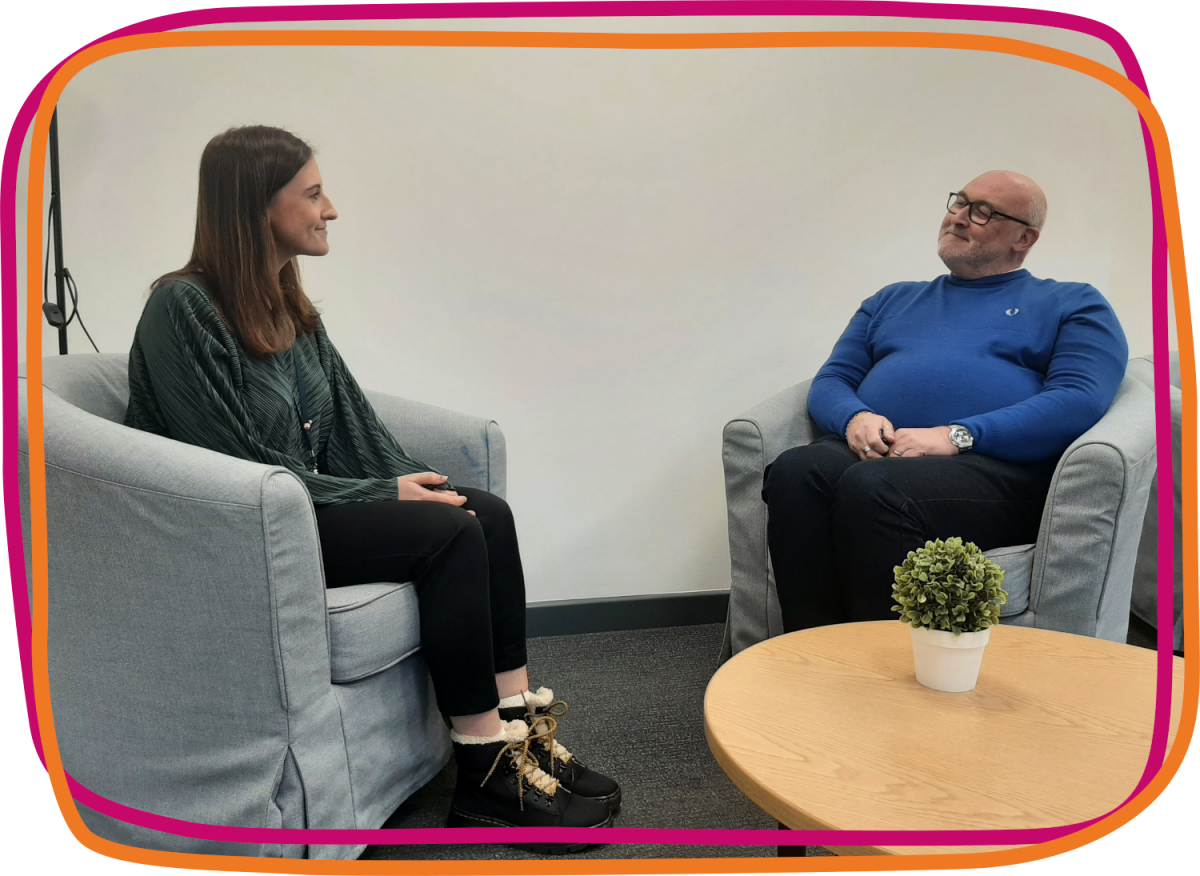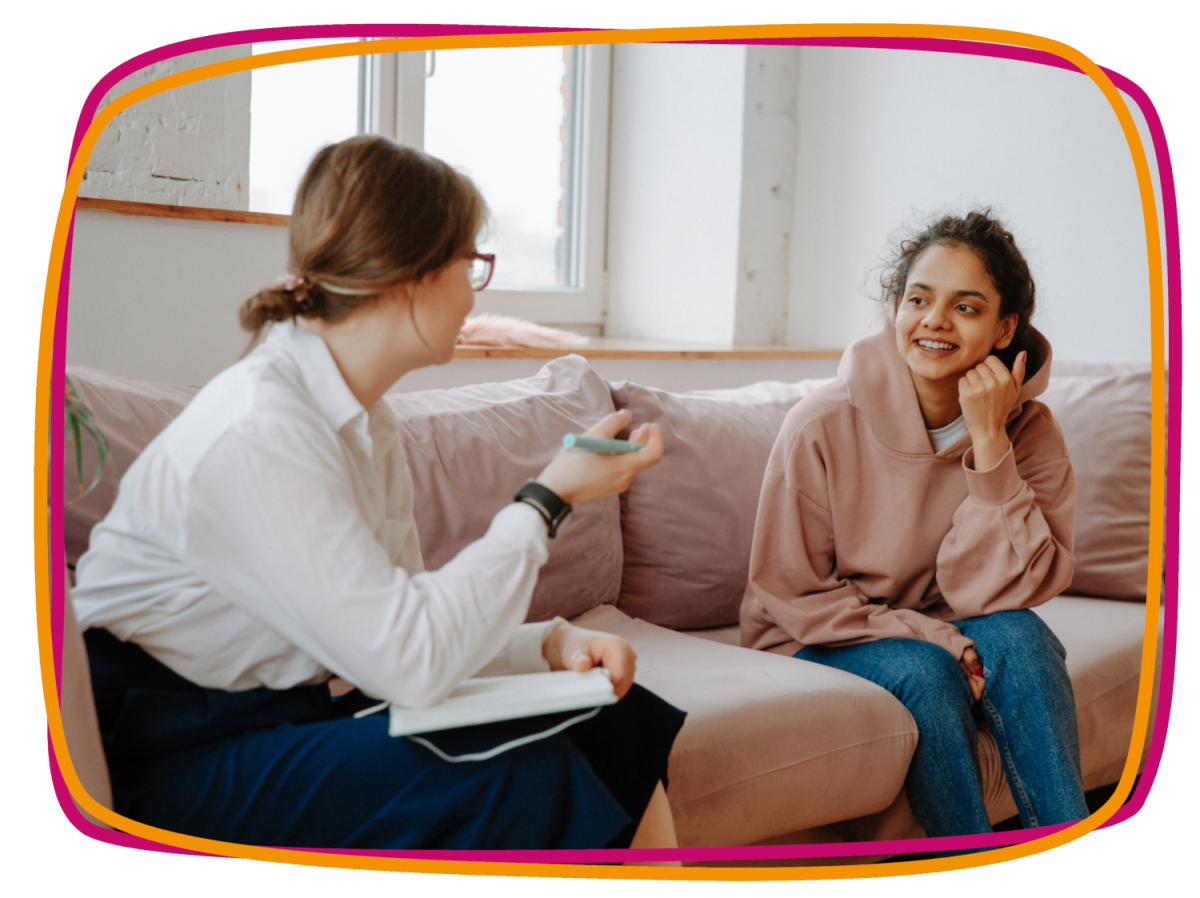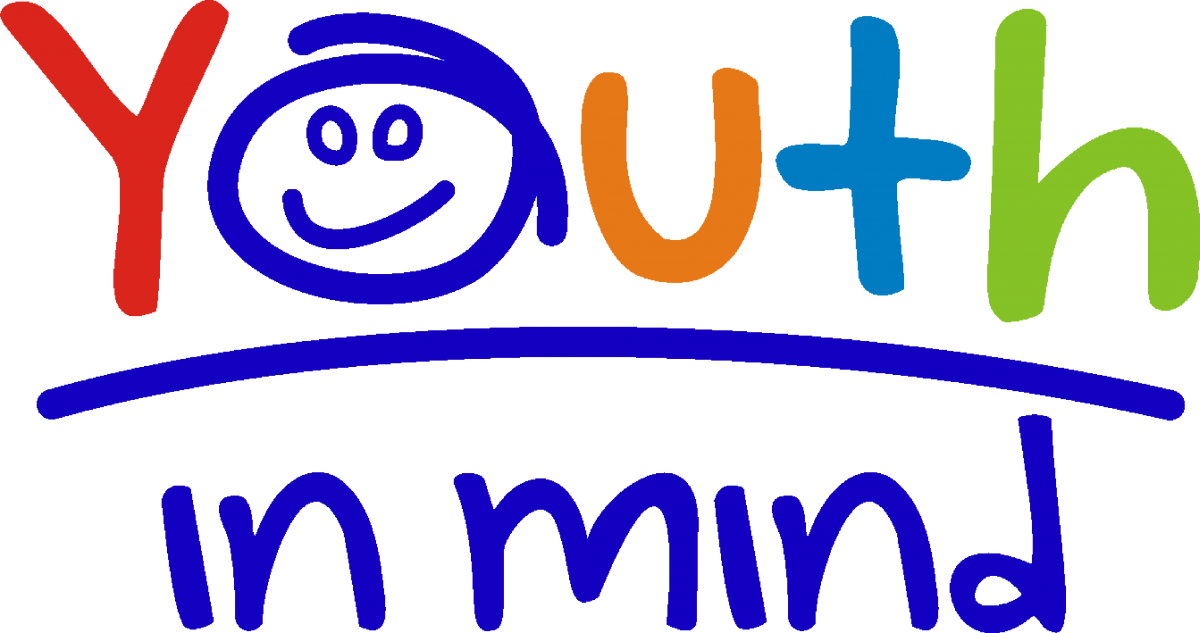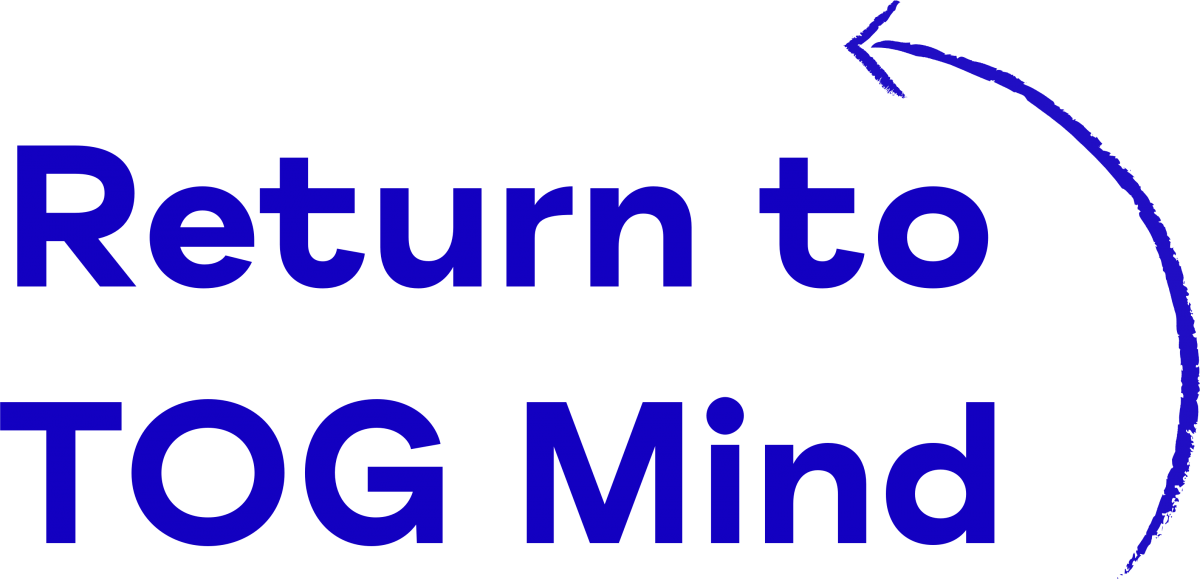Youth in Mind offers a variety of different 1-1 support for children and young people. The services we offer can vary depending on where you access. When you attend a drop-in appointment, your practitioner will let you know which services are available at that hub.
Please see below for details of our services.

Walk-in
A walk-in is your chance to speak to one of our practitioners about what’s been going on in your life. It is a confidential space to explore your issues and talk about what kind of support you would like.
 The practitioner will complete a basic assessment of your current needs and difficulties. The purpose of this is to find out which of our services would be most appropriate for your needs. Examples of questions you may be asked, are:
The practitioner will complete a basic assessment of your current needs and difficulties. The purpose of this is to find out which of our services would be most appropriate for your needs. Examples of questions you may be asked, are:
-
What brought you here today?
-
How long have you been experiencing these difficulties?
-
What do you currently do to cope with your problems?
Following your walk-in appointment, you may be placed onto one of our waiting lists for further services. This can vary from one-to-one support to group work.
If you do not wish to access any of our services, or we cannot meet your needs, we will try our best to signpost you to other local services.
Please note: We do not provide diagnosis of mental illness or neuro-developmental disorders at TOG Mind. For support in getting a diagnosis of any kind, please ask your GP.

SFT - Solution Focused Therapy
Solution Focused Therapy consists of one 40-minute appointment weekly for between 6 – 8 weeks. The young person works one-to-one with a practitioner to identify the difficulties they are experiencing and then sets a SMART goal to work towards.
 Over the following weeks and by using guided self-help the practitioner will help them discover and identify their strengths and apply them to areas where they are experiencing difficulties and to overcome their obstacles.
Over the following weeks and by using guided self-help the practitioner will help them discover and identify their strengths and apply them to areas where they are experiencing difficulties and to overcome their obstacles.
At Tameside, Oldham and Glossop Mind we offer a range of Therapeutic services that are available to those living within Tameside, Oldham and Glossop and surrounding areas. These include:
-
Free to access 1-1 Counselling service for Tameside, Oldham, and Glossop residents aged 16+
Counselling sessions are weekly 50 minutes sessions, and we offer between 8-10 sessions. Counselling gives the young people a safe space which is confidential for them to explore with the counsellor what is going on for them in their world. The counsellor is not there to judge you or anyone else in your family their sole purpose is to help your child manage their problems and try to resolve them in a positive way.
The sessions are very much lead by the young person and the counsellor will work in ways that best suits them using talking therapy, tools and worksheets. We are members of the BACP (British Association for counselling and psychotherapy) who are the broadest and largest counselling body in the UK.

 Counselling
Counselling
Our counselling service has been established in Tameside for over 30 years, we recruit our counsellors who have studied or are studying at the best Universities and Colleges in the North West and we’re members of the BACP (British Association for Counselling and Psychotherapy) who are the broadest and largest counselling body in the UK.
The Counselling service is a confidential service offered to individuals and couples experiencing a range of issues. This may involve talking to a Counsellor about your thoughts, feelings and behaviour. There are many different types of talking therapy, but they all aim to:
-
Give you a safe time and place to talk to someone who won't judge you
-
Help you make sense of things and understand yourself better
-
Help you resolve complicated feelings, or find ways to live with them
-
Help you recognize unhelpful patterns in the way you think or act, and find ways to change them (if you want to)

Coaching
 Coaching consists of three to eight 45-minute appointments. Your practitioner will review progress with you every couple of sessions to make sure you’re on track with the goals you have set.
Coaching consists of three to eight 45-minute appointments. Your practitioner will review progress with you every couple of sessions to make sure you’re on track with the goals you have set.
Coaching is goal-orientated and aims to help you find ways to manage and cope with your current feelings and difficulties. It involves learning new skills and tools, and working with your practitioner to identify a goal you’d like to work towards and taking steps towards completing it.
It requires action and input, breaking down your goals into smaller steps and celebrating the small wins!
Please note: To access this service you will need to attend a drop-in session first.

SilverCloud
SilverCloud is an online service informed by CBT (Cognitive Behavioural Therapy). Each programme consists of six to seven modules which you can complete at your own pace over approximately 8 weeks.
 Modules cover a variety of concerns including:
Modules cover a variety of concerns including:
- Anxiety
- Low mood
- Self-esteem
- Body image
- Stress
Each of which can be tailored to your needs and experiences.
You can use this program on your own, with a practitioner checking in each week who can provide regular reviews, encouragement and unlock further modules.
SilverCloud can be accessed online via a mobile phone, tablet and laptop at a time and pace convenient for yourself, therefore offering a flexible and accessible approach to resources and support.
Please note: To access this service you will need to attend a drop-in session first. This service may not be suitable for all ages.




